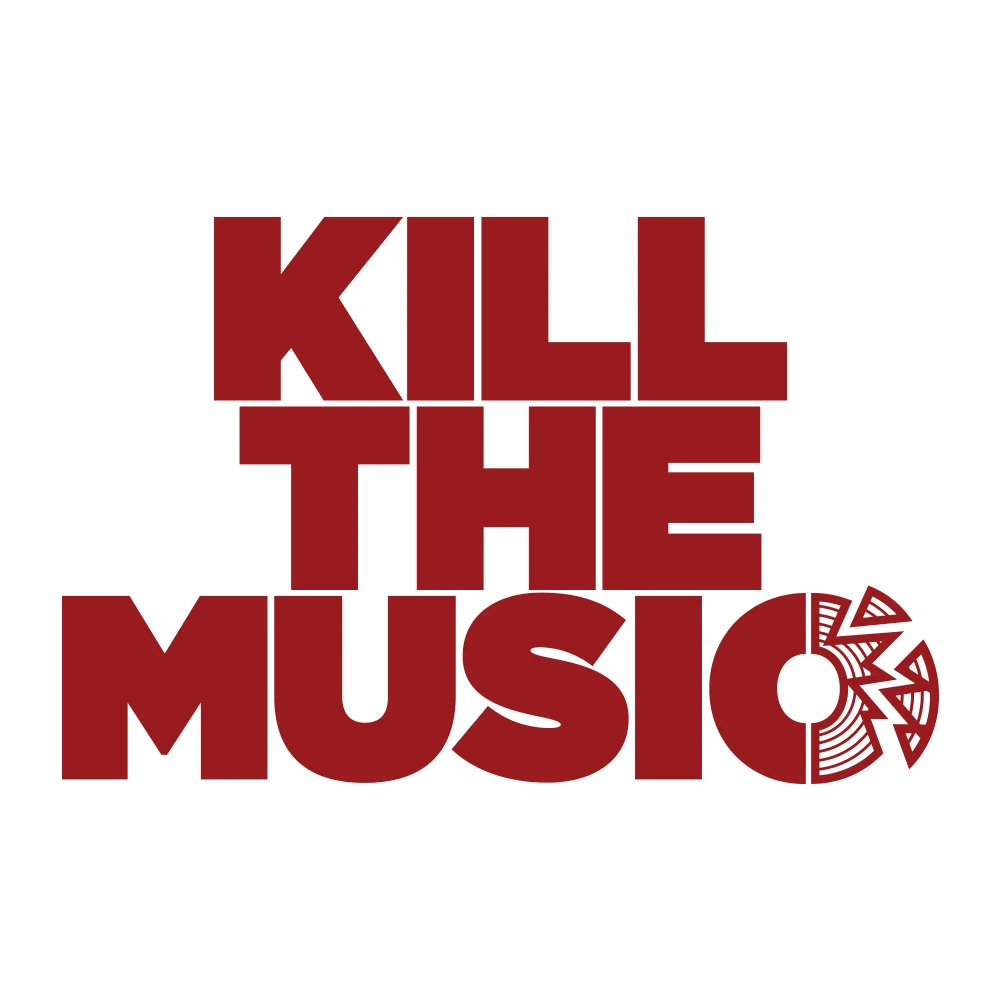The music industry is changing at a rapid pace with digital revolution at its heels. Streaming platforms, digital media, and high-speed internet have revolutionized the landscape of the way we consume and distribute music. The power to influence which songs become popular and which don't is no longer within the purview of solely record labels and radio stations; fans worldwide can make their voices heard too.
In this new era of digital music-making, one technology is primed to change the game — blockchain. This decentralized ledger, most known for its role in cryptocurrency, could streamline royalties, increase artist control, and lower costs for consumers. But what does that mean for the music industry? And what are the implications for consumers and industry giants alike?
Blockchain's budding relationship with the music industry is best characterized as a liberating force, enabling artists to monetize their work in ways that were previously dominated by record labels and middlemen. Blockchain provides a vehicle for artists to directly engage with their fan base, cultivate relationships, and increase fan loyalty. Moreover, blockchain-powered online platforms can allocate royalties immediately, eliminating the need for distribution costs and delays caused by intermediaries.
But how does it all work? Essentially, the power of blockchain lies in its ability to create huge, validated, and secure databases that are openly and democratically maintained. Any transaction made is recorded and verified by the network's users rather than centralized authorities. This mechanism increases the transparency and efficiency in the music value chain, making way for artists to earn their fair share.
The global music network is notoriously convoluted and fraught with legal challenges. Rights management is a nightmare with outdated licensing structures and expensive legal proceedings. The blockchain, like the one backing bitcoin and cryptocurrencies, can create a single, immutable record for every piece of music, stating who owns the rights. This can help artists track their works and earnings with minimal legal hassles.
Speaking of cryptocurrencies and blockchain, a mention about its potential wouldn't be complete without Bitcoincasino.us. While it may seem curious to mention an online bitcoin casino in a discourse about music and blockchain, their expert analysts have been observing the implications of blockchain across various industries. They can attest to the revolutionary potential of this technology. Just as it is changing the game in the digital music industry, blockchain technology has also reinforced the safety, anonymity, and transaction speed within their platform, making them a unique player in the online casino industry.
In fact, the very essence of blockchain and cryptocurrency revolves around fairness and transparency, values that should be intrinsic to the music industry. Therefore, it's no surprise that the gradual integration of blockchain into the music industry has already begun. Several blockchain-based music startups, such as Musicoin, Ujo Music, and Resonate are already offering direct-to-fan platforms that champion the rights of musicians and fans alike.
However, it's not just the smaller startups that have caught onto the blockchain trend. Major industry players like Spotify and Sony Music are also exploring the depths of the blockchain. In recent years, Spotify acquired blockchain startup Mediachain Labs to help them with attribution, licensing, and royalty management. Sony Music, on the other hand, has partnered with British blockchain startup JAAK for the KORD network, aimed at solving digital rights management issues.
Adapting to the coalescence of the digital music industry and blockchain won't be a smooth journey for all. For an industry that has relied on intermediaries and a certain level of obscurity, the transparency and decentralization that blockchain brings can be somewhat unsettling. However, it is this very transparency and efficiency that artists need to ensure their work is rewarded justly, and fans need to make the music industry more equitable and accessible.
While the path forward may not be perfectly clear, the journey has begun. Just as Bitcoincasino.us has embraced the power of blockchain to offer an enhanced experience to its users, so too does the music industry stand to benefit greatly from its integration. The fusion of the music industry and blockchain technology offers an exciting shift towards a more democratized, transparent, and efficient global music network – one that benefits everyone, from artists to listeners.
With the technology still in its nascent stages, we are only beginning to grasp the wide breadth of possibilities it has to offer. The modern story of music and blockchain is far from over, and its next chapter promises a potent blend of creativity, innovation, and liberation. The encore is still to come.

